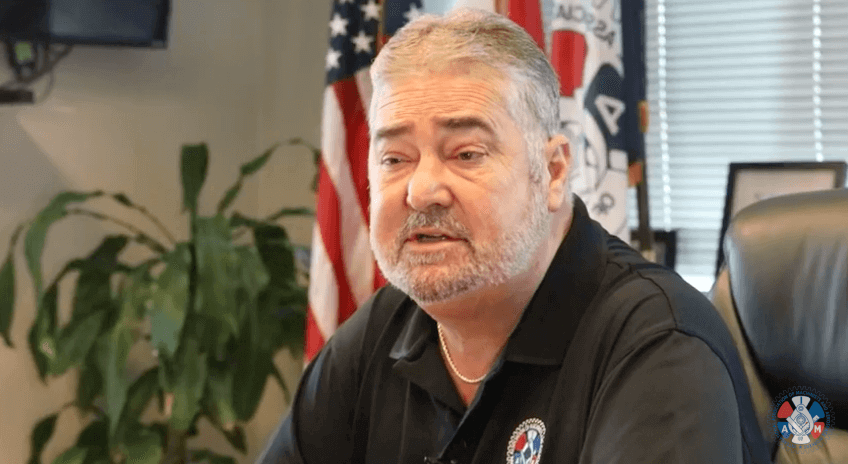
by Eric Price | Apr 15, 2020 | COVID, EAP, Education, Featured, Front Page, Home, Home, MNPL, Organizing, Safety, Safety, Uncategorized
A Message to The Membership of the IAMAW IAM International President Robert Martinez Jr. brings members up to date on the union’s response to the COVID-19 pandemic and the resources available to the membership. Visit GoIAM.org Related Stories IAM Veterans Home...
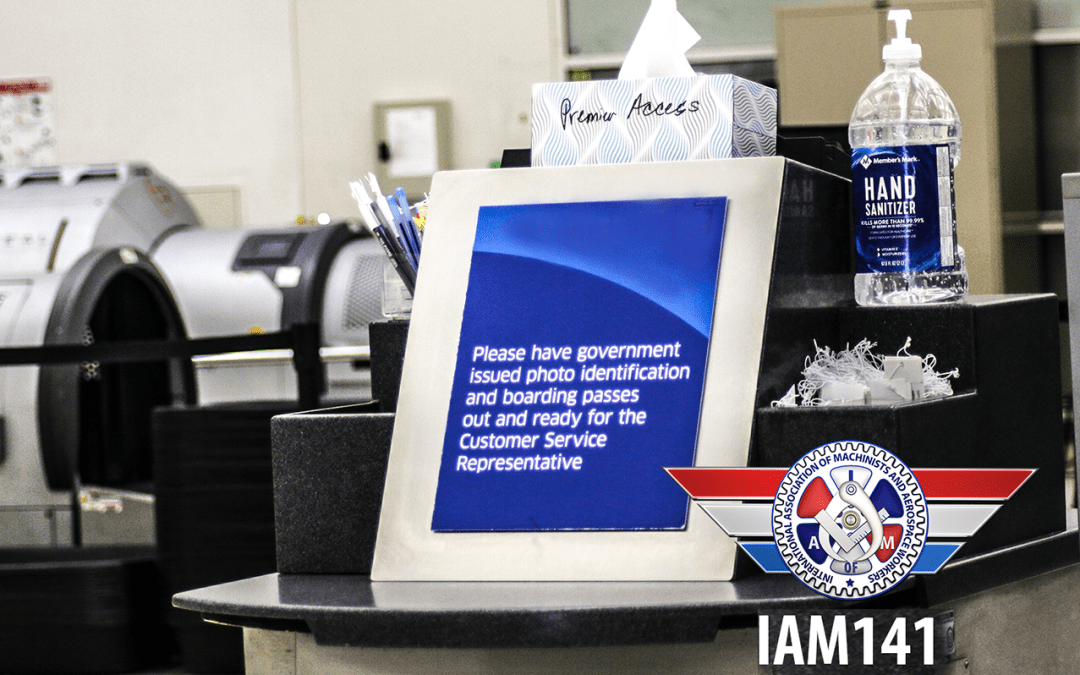
by Eric Price | Mar 18, 2020 | Airlines, American, Community Service Page, COVID, Featured, Front Page, Hawaiian, Home, Home, MNPL, Organizing, Philippine, Safety, Safety, Spirit, Uncategorized, United
IAMAW District 141 ///// Sisters and Brothers, In recent weeks, many of you have contacted your local union representatives, Assistant General Chairpersons or me directly to express your fears of possible pay cuts, furloughs or the likelihood of your carrier going...
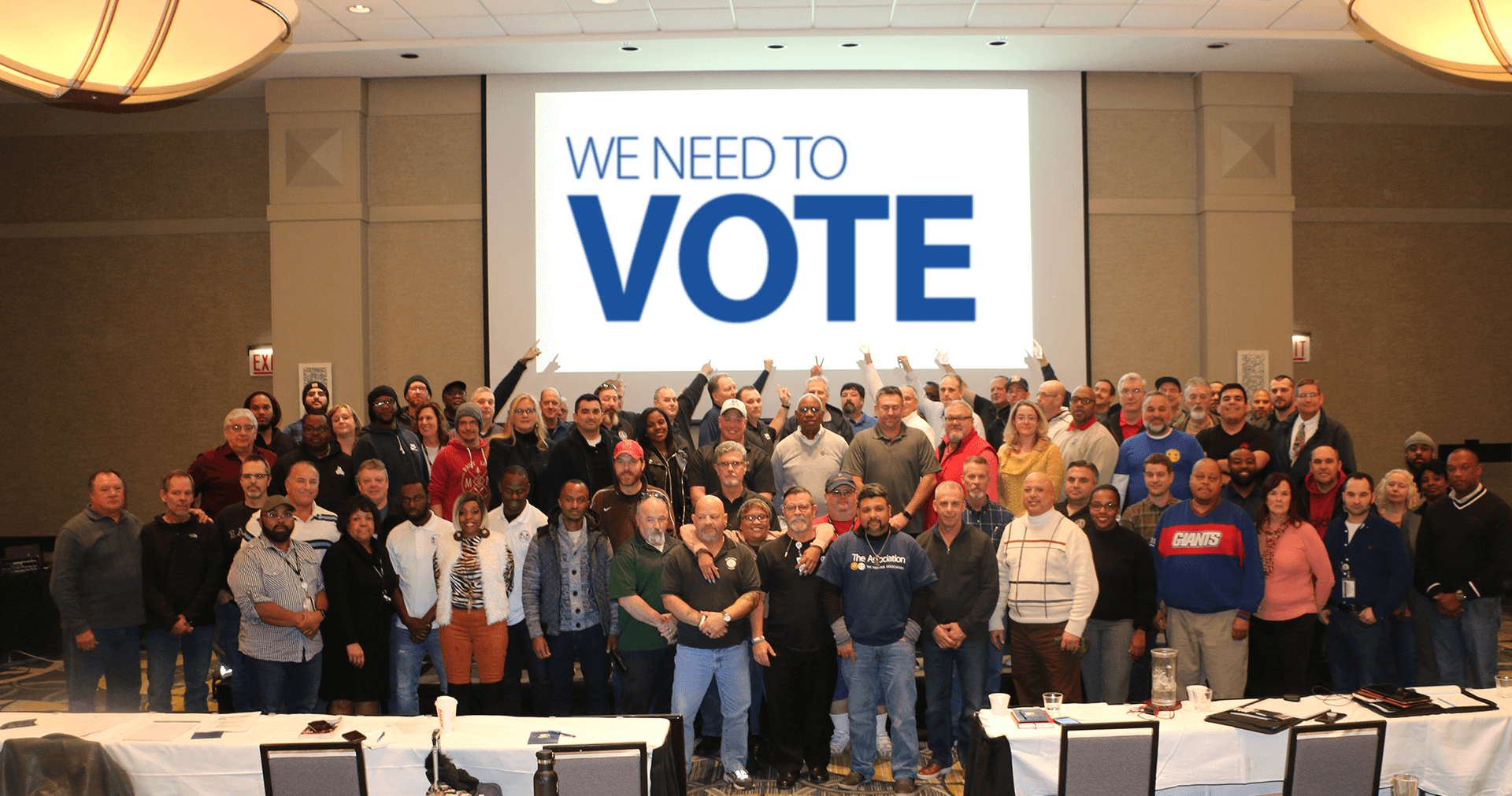
by Eric Price | Mar 11, 2020 | American, Events, Featured, Home, Organizing, The Association, Uncategorized
TWU-IAM Members Urged to Vote on Tentative Agreements with American Airlines. Committee members and leadership from IAM Districts 141 and 142 met in Chicago this week to review the Tentative Agreements reached by the TWU-IAM Association for over 30,000 members at...
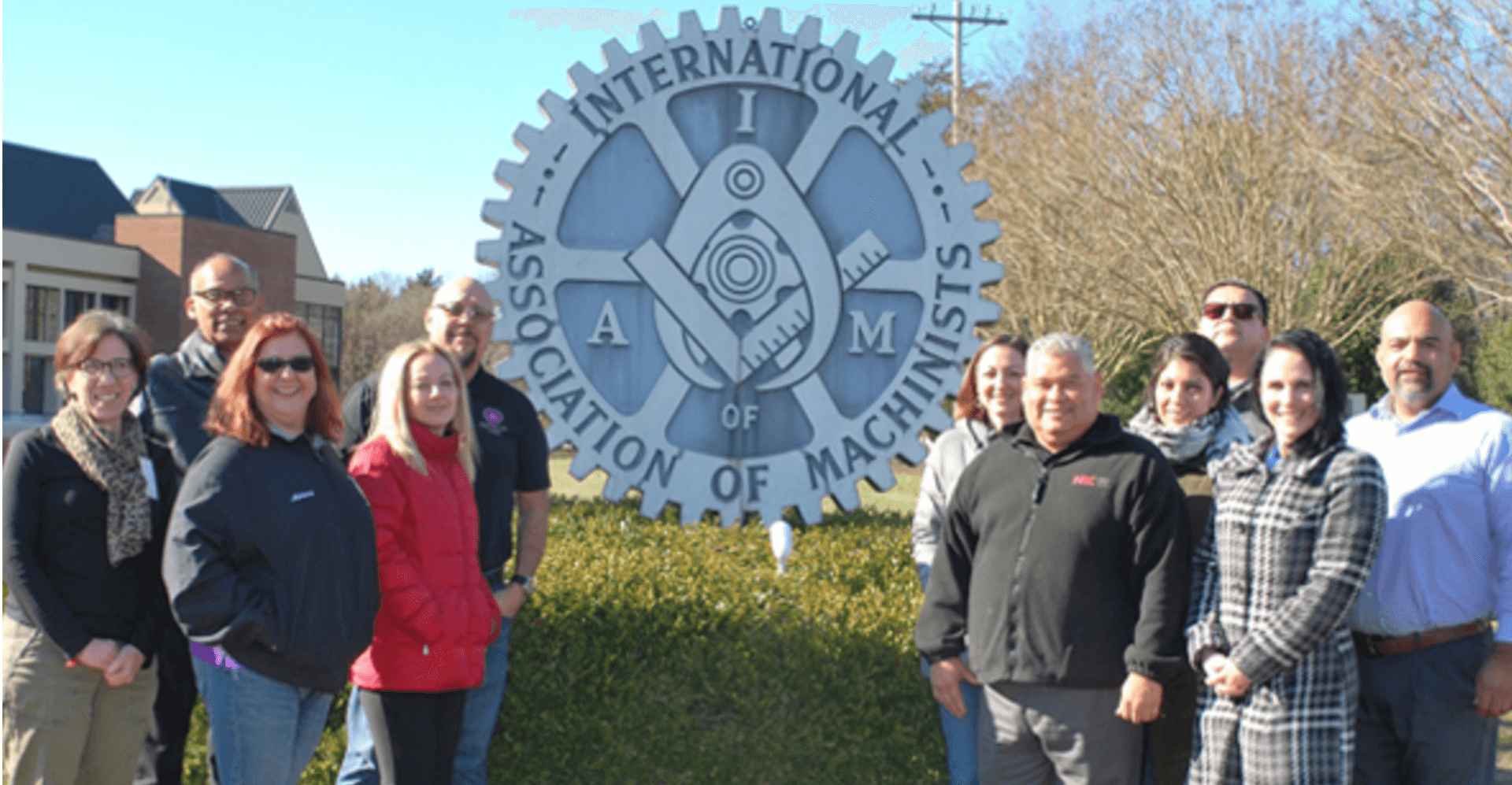
by Eric Price | Feb 27, 2020 | Community Service, Education, Education Class, Featured, Home, Organizing, Uncategorized
Three members of District 141 spent a week in late January at the Winpisinger Education and Technology Center with the IAMAW Spanish Leadership Working Group (SLWG). Local 1759 Shop Steward and EAP Representative Adriana Picasso, District 141 Communications...
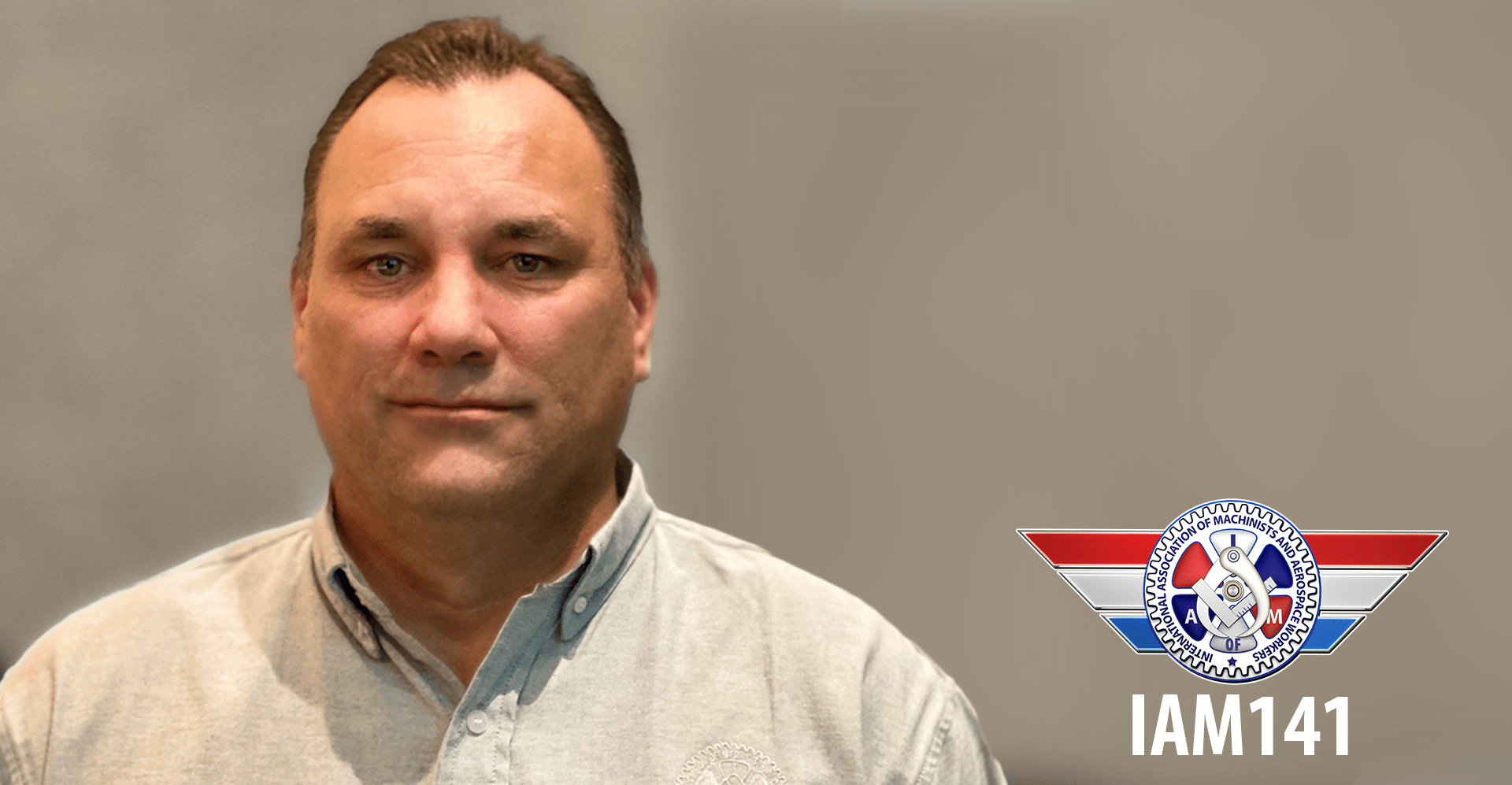
by Eric Price | Feb 20, 2020 | American, Featured, Home, Organizing
A principal member of the negotiating team at American Airlines, Wilson will serve as Assistant General Chair for District 141. Mike Klemm, President and Directing General Chair announced the appointment of William “Billy” Wilson as Assistant General Chair at the...

by Eric Price | Feb 20, 2020 | EAP, Featured, Helping Hands, Home, Organizing, Uncategorized
The experience of shame—a feeling of being unworthy, bad, or wrong—can be extremely uncomfortable. Shame has the potential to change the way we see ourselves and may lead to long-lasting social, professional, and other difficulties. The word “shame” means different...







